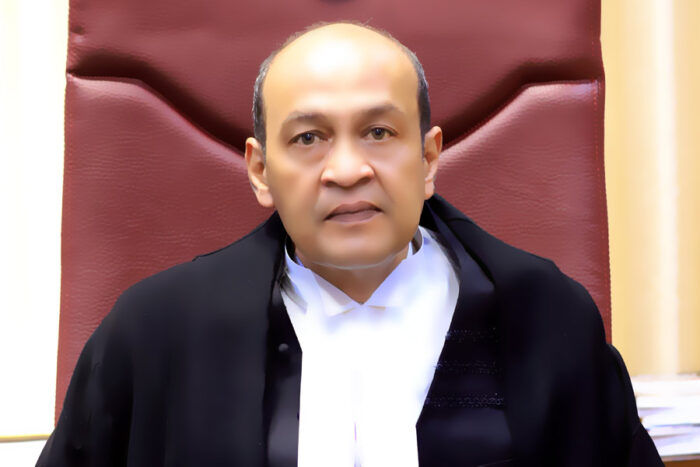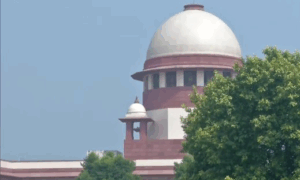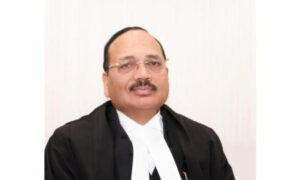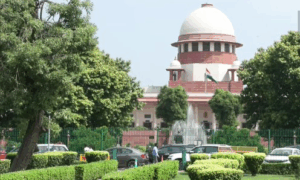
File Image
The Supreme Court has grilled Allahabad high court’s Justice Yashwant Varma for challenging findings of an in-house inquiry panel report against him over the incident of cash discovery from his official residence and asked how could he question it after participating in the process.
The in-house inquiry panel report indicted Justice Varma over the discovery of huge cache of burnt cash from his official residence during his tenure as a Delhi high court judge.
A bench comprising Justices Dipankar Datta and A G Masih asked Justice Varma why did he wait for the inquiry to be completed and the report be released.
“Why did you appear before the inquiry committee? Did you come to the court that the video be removed? Why did you wait for the inquiry to be completed and the report be released? Did you take a chance of a favourable order there first (sic),” a bench of Justices Dipankar Datta and A G Masih asked senior advocate Kapil Sibal, who was representing Justice Varma.
Sibal said the appearance before the committee couldn’t be held against him.
“I appeared because I thought committee would find out who the cash belongs to,” Sibal said.
As repoirted by PTI, the observations/ comments were made while ,the top court was hearing a plea Justice Varma’s plea seeking invalidation of a report by an in-house inquiry panel which found him guilty of misconduct in the cash discovery matter.
The plea does not reveal Justice Varma’s identity and is titled, ‘XXX v. The Union of India’.
The top court further quizzed him over the parties he had made in his plea and said he should have filed the in-house inquiry report with his plea.
“This petition should not have been filed like this. Please see the party is registrar general here and not secretary general. The first party is Supreme Court as your grievance is against the process mentioned. We don’t expect the senior counsel to go through the causetitle,” the bench said.
Sibal submitted there was a process under Article 124 ( Establishment and constitution of the Supreme Court), and a judge couldn’t be a subject matter of public debate.
“The release of video on SC website, public furore, media accusations against judges are prohibited as per constitutional scheme,” Sibal added.


















